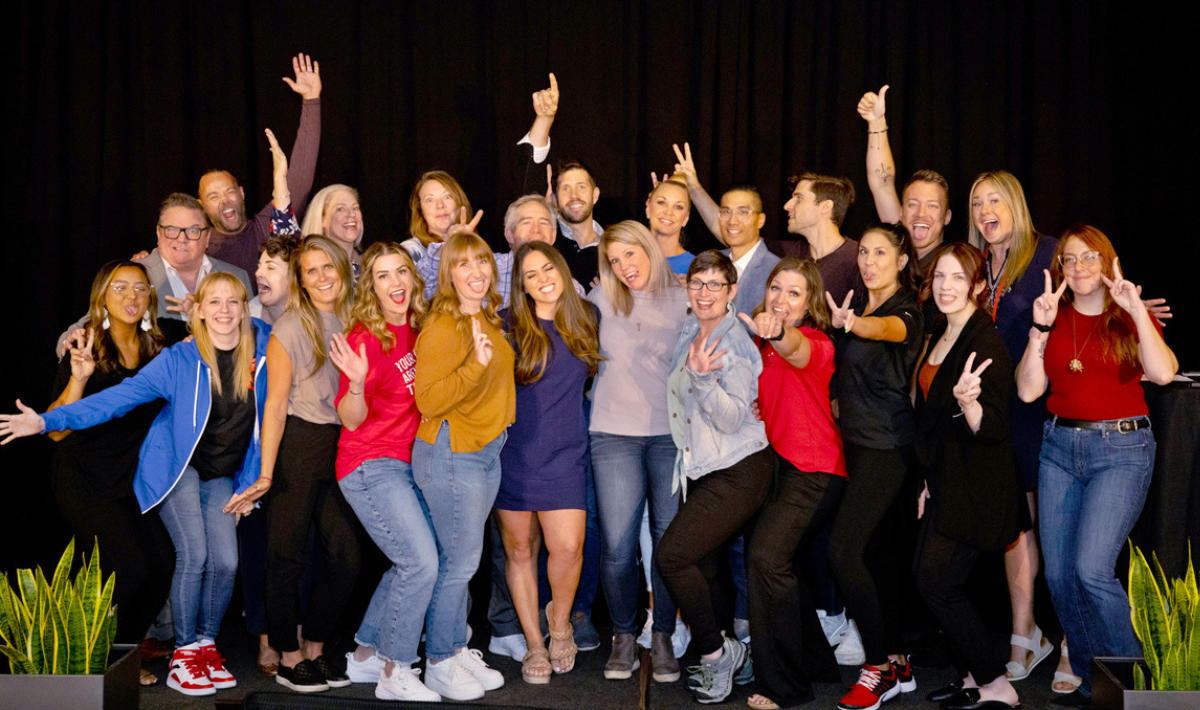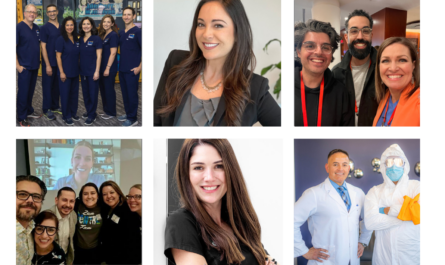By DEO MAP: Culture
Unless you’ve been hiding under a rock for the past few years, it should be pretty clear that our employee/employer relationships are experiencing some manner of evolution. And for most of us, this evolution hasn’t necessarily made it easier for us to operate our businesses and serve our patients.
What happened?
The evolution was coming one way or another. You weren’t going to avoid it. Unfortunately, the pandemic appears to have accelerated the process.
The first variable is that our workforce set new expectations for their work experience. Whether it was simply a better “work/life balance”, or more complex like wanting to work in a “mission-focused” environment, the fact is that employees are telling us that they have different expectations for their work experience in the future.
This inevitably led to the second variable: They voted with their feet, by leaving any and every position that didn’t meet their new expectations. Welcome to the Great Resignation!
Which led to our third variable: newer, younger team members were showing up, and they had new requirements for training AND compensation. Coupled with significant inflation, the dental industry ended up losing an entire generation of skilled workers, to be replaced with unskilled workers that were often demanding higher pay. For the business, this meant higher expenses, and lower output.
Which finally led to our fourth variable: The Great Regret! These team members, now turning over regularly into new jobs, began realizing that none of their new work environments were meeting their expectations, and perhaps they should have considered staying in their original role! In our businesses, we hoped that the new employee would work out well and that our challenges were simply transient. Unfortunately, the reality is that team members now expect a healthy work environment…and few of us know how to deliver it.
Evolutions need revolutions
What got us here won’t get us there. The same team management systems and cultures that created our challenges are simply inadequate to create our solutions. We studied the healthiest, highest performing cultures across all industries and realized that they shared some critical distinctions.
First, the younger generational dynamics forced this shift, and as such, they need to be our focus. The good news is that the same systems and experience they require will also satisfactorily serve our more “advanced” generational dynamics in the workforce. What is good for one, is good for all.
Second, we are going to have to make some revolutionary changes to our people processes in order to accommodate our new world…and it isn’t going to be easy.
What is “The Danger?”
In our businesses, “entering the danger” always referred to addressing the thing you didn’t want to address. The real issue, or perhaps the issue behind all the issues.
With our teams in 2022 and beyond, entering the danger means talking about their personal lives. Pause here if reading that line made you sick or if you need a minute to compose yourself.
You may not like it, but it’s true. Our people have realized that their work life and home life aren’t separate. First, they realize they might spend more time at the office than at home…so it needs to be enjoyable. Second, they realize that work problems go home with them, and home problems end up affecting their office life. It is all connected! So what is the ramification to your business? Your business MUST be making a meaningful contribution to their personal lives…and the only way you can do it is to talk about it.
But it’s not what you think
The first question everyone asks when this subject comes up is “are we even ALLOWED to talk about personal lives in this HR era?” Let’s put you at ease: As the manager, you aren’t responsible for what is going on in your team members’ home lives! You aren’t forcing them to disclose private information, or anything that violates their rights to privacy. You should never cross the appropriate boundaries that have been established by our HR professionals.
However, what you ARE doing is letting your team know that the business wants to make a contribution to helping them live a fulfilling life. You ARE telling them that their personal life matters. You ARE leaving room for them to have personal life challenges…because they do…just like you do. It’s the truth. We’ve just acted like it wasn’t.
How in the world do you do it?
It all comes down to having a structure for what you talk about, and when you talk about it. We call this “connecting” with our people, and it’s the first step in our engagement process. Every team member needs to have a plan, and a balance across their “5P’s.”. What are the 5P’s? The first is their POWER, not like strength, but more like energy, with a battery. Physical and mental health are key here. The next is PURPOSE, because every person should have a clear purpose and know that they are fulfilling it in their activities. Third, is PEOPLE, because humans were designed for strong, healthy relationships…they just don’t happen by accident. The fourth factor is PROSPERITY, which encompasses what we do with the things we receive from our actions. Finally, each person needs to PERFORM, which means that we are validating and measuring the value that we provide to the world. When you and your team are healthy in all 5P’s, life is working well.
Which brings us to the last point: When do we talk about this? In our companies, it happens at least every 90 days. Any less is not sufficient. Life happens constantly and quickly. How much has changed for you in the last year? And…when things start to drift in any one of the areas, the more quickly that we are able to diagnose and address the drift, the more aligned everyone will be.
This is the way…
It might not be what you wanted to hear. It might not be something you are comfortable with…yet. But entering the danger, and building a system to support the personal development of your team members is critical from this day forward. At the end of the day, isn’t this what we should all truly want as employers? Making a meaningful contribution to the lives of the people that support our business? Being willing to see them as they truly are, as whole people that are the sum of their different life spaces? Our hope is that someone will make that commitment to you, and that you will make that commitment to your people. Enter the danger, because it’s the truth.





